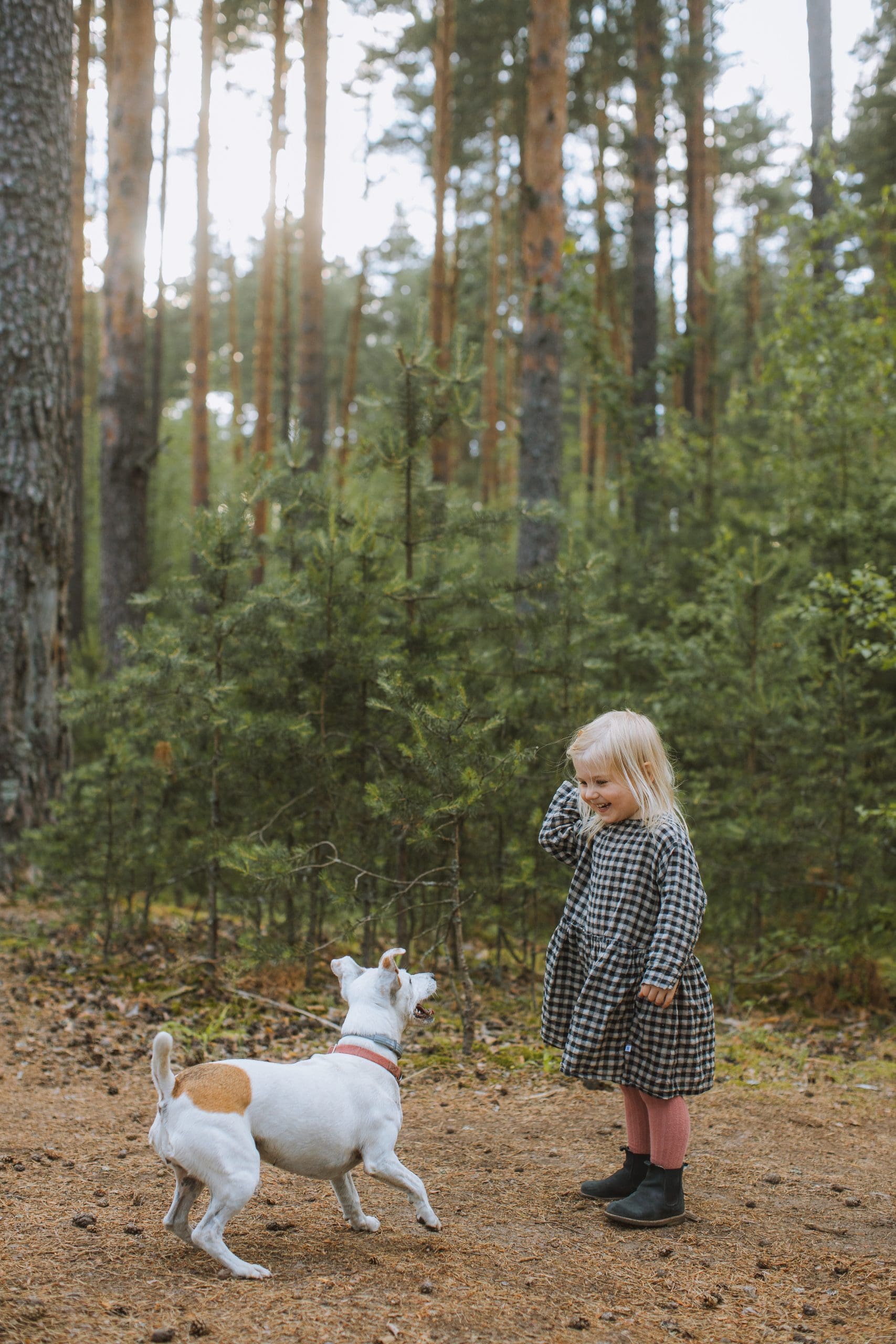Observing a dog licking the air can be puzzling for pet owners. This behavior often prompts questions about the motivations behind it. Dogs express themselves in unique ways, and air licking is one of many behaviors that can capture our curiosity. By exploring the reasons behind this behavior, pet owners can gain insights into their dogs’ feelings and needs, ultimately strengthening the bond between them.
Reasons for Air Licking
One common reason dogs lick the air is in response to enticing scents. Dogs possess an extraordinary sense of smell, which is far superior to that of humans. When they encounter intriguing aromas in their surroundings—like the smell of food or the scent of another animal—they may lick the air to better appreciate the fragrance. This behavior is typically harmless and should not be a cause for concern.
Anxiety or stress can also trigger air licking. Just as humans might engage in nervous habits, dogs can exhibit unusual behaviors when they feel uncomfortable. If a dog starts licking the air more frequently, it may indicate feelings of anxiety or insecurity, particularly if accompanied by other signs of stress, such as panting, pacing, or a tucked tail. Being aware of any changes in the dog’s environment can help identify potential stressors.
In some instances, air licking serves as a means for dogs to communicate their needs. If a dog licks the air while looking at its owner, it may be trying to express hunger, a desire to play, or the need to go outside. Observing the context of this behavior can provide valuable clues about what the dog is attempting to convey.
Medical Considerations
Certain medical issues can lead to air licking. Dogs experiencing nausea or gastrointestinal discomfort may lick the air in an attempt to alleviate their unease. If this behavior occurs alongside other symptoms, such as vomiting, diarrhea, or lethargy, consulting a veterinarian is essential for a thorough examination.
Seizures may also cause dogs to lick the air. In some cases, dogs may exhibit this behavior before, during, or after a seizure episode. If air licking occurs alongside unusual behaviors like twitching or loss of consciousness, seeking immediate veterinary assistance is crucial, as early intervention can be vital for addressing underlying health concerns.
Breed Tendencies and Behavioral Changes
Certain dog breeds may be more prone to air licking, particularly those known for high energy levels or anxiety tendencies, such as border collies or terriers. Understanding a dog’s breed characteristics can aid in anticipating and addressing their needs more effectively.
If a dog suddenly starts licking the air, it’s important to assess the situation. Sudden behavioral changes can indicate underlying issues, whether emotional or physical. Recent changes in the home environment, such as a new pet, a move, or alterations in routine, could contribute to the dog’s anxiety. Recognizing these factors can help in addressing the behavior.
Addressing Excessive Air Licking
In some cases, air licking can become compulsive. Excessive licking may necessitate intervention, as compulsive behaviors can be distressing for both dogs and their owners. Often stemming from anxiety or boredom, these behaviors can be intensified by insufficient mental or physical stimulation. Providing ample exercise, engaging toys, and opportunities for socialization can help mitigate these tendencies.
Training and behavior modification can also assist dogs exhibiting excessive air licking. Redirecting a dog’s attention when air licking begins can help disrupt the cycle. Offering a toy or engaging in a game can provide a positive outlet for their energy, encouraging focus on more constructive activities. Consistency and patience are essential as the dog learns these new habits.
Monitoring and Support
While air licking is often benign, it’s important for pet owners to remain vigilant. Regularly monitoring a dog’s overall health and behavior can facilitate early identification of potential issues. Routine veterinary check-ups are crucial for ensuring a dog’s well-being. If any sudden behavioral changes, including increased air licking, arise, reaching out to a veterinarian is advisable.
Recognizing the reasons behind a dog’s air licking can enhance the bond between owner and pet. By understanding the various motivations for this behavior, owners can respond appropriately to meet their dog’s needs. Whether the behavior is a harmless quirk, a sign of anxiety, or a method of communication, being attuned to a dog’s behavior is vital for their overall well-being.
Creating a supportive environment is essential for a dog’s emotional health. Providing a safe space for relaxation and security can help alleviate anxiety and reduce behaviors like air licking. Incorporating regular exercise, mental stimulation, and social interaction into a dog’s daily routine promotes overall well-being and minimizes stress-related behaviors.
Being a responsible pet owner involves awareness of a dog’s needs and behaviors. While air licking may appear quirky, it warrants careful attention. Observing the dog’s surroundings, assessing their emotional state, and considering recent environmental changes can provide valuable insights into the behavior.
Ultimately, fostering a deep understanding of a dog’s behaviors and needs creates a nurturing environment that supports both their physical and emotional health. Whether a dog licks the air in response to an interesting scent, as a sign of anxiety, or as a form of communication, attentive observation and care will enhance the quality of the relationship between owner and pet.



